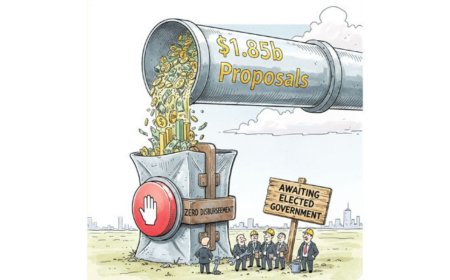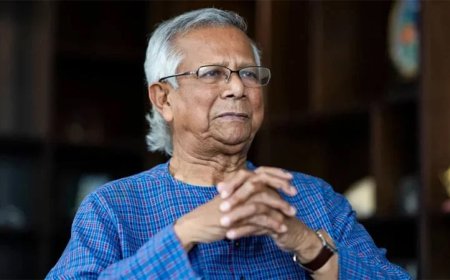Commission Seeks July Charter Signed by October 15
Some parties still have a few issues to resolve

The National Consensus Commission aims to finalise the July Charter, securing signatures from all political parties, by October 15, when its extended term ends. It is scheduled to meet with the parties again today to discuss how the charter will be implemented, with plans to complete all talks in this session.
However, some parties have indicated that they need a few more days to finish discussions with others and reach common ground.
The commission has said it may allow at most one extra day, with another brief session possible on October 7 if no consensus on implementation is reached today. In any case, the commission intends to finalise the implementation process by October 10.
Prof. Ali Riaz, vice-president of the commission, stated that if the parties cannot agree on a single method of implementation, the commission will compile suggestions from experts and political parties and submit multiple recommendations to the government by October 10.
The July Charter is being prepared with 84 reform proposals agreed upon by the parties, many of which include notes of dissent. Discussions on implementation began on September 11, but three days of talks produced no agreement.
The parties have proposed six methods to implement the charter: a full or partial referendum, a Special Constitutional Order, a Constituent Assembly, implementation through the next parliament, transforming parliament into a Constitutional Reform Assembly to incorporate the reforms into the constitution, and seeking the Supreme Court’s opinion under Article 106 on whether an interim government can implement the charter.
Experts have suggested issuing a Constitutional Order on the charter, which would take immediate effect, followed by a referendum on the day of the national election. They also noted that a referendum or a Constituent Assembly would be the best options to ensure the sustainability of the reform proposals.
If no consensus is reached among the parties today, the commission will meet with experts again to finalise its recommendations for submission.
Sources said talks were suspended for an extended period to give parties time to consult internally and build consensus. While some parties have held meetings, major parties are yet to conduct substantive discussions.
Due to political differences, many observers doubt whether the charter can be finalised by October 15. If the proposed implementation method is not acceptable to all, key parties may refuse to sign the charter.
When asked about the matter, BNP Standing Committee Member Salahuddin Ahmed told The Daily Star that the party would comment after today’s talks. The BNP maintains that the only legal forum for implementing constitutional reform proposals is the national parliament, and these reforms must be carried out through the next parliament. The party also supports seeking the Supreme Court’s opinion on whether constitutional reform is possible through other means.
Jamaat-e-Islami insists on full implementation of the charter before the next national election, which must be conducted based on the charter.
The National Citizen Party prefers implementation through a Constituent Assembly, arguing that the parliament formed after the next election could function as both a Constituent Assembly and a regular parliament.
Speaking to this newspaper, Jamaat Assistant Secretary General Hamidur Rahman Azad stressed that unity is essential to uphold the spirit of the July uprising. “Reforms are essential. If elections are held without reforms, they will not be fair or acceptable. For this reason, I hope everyone will agree in tomorrow’s meeting,” he said.
What's Your Reaction?




















































































